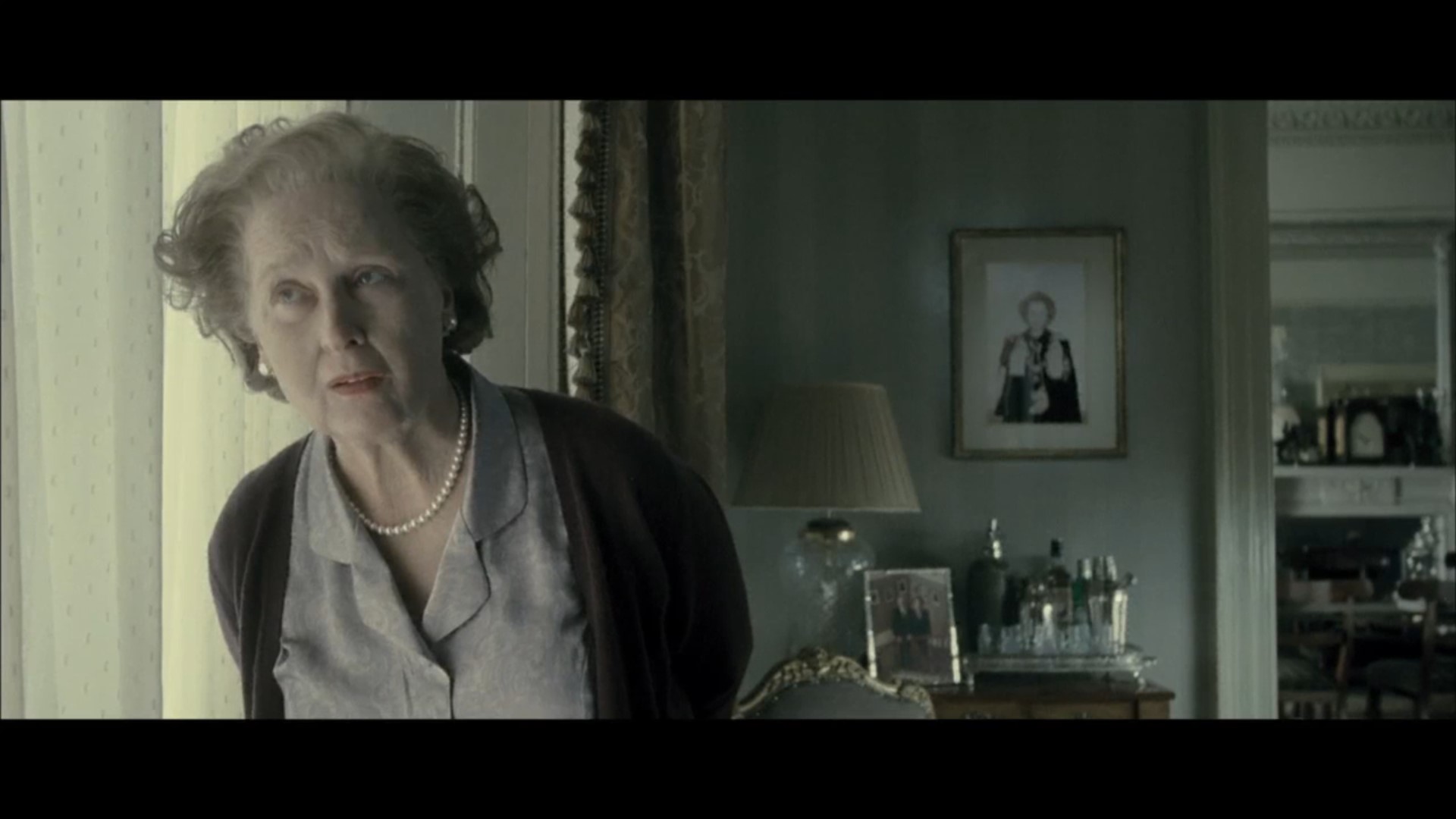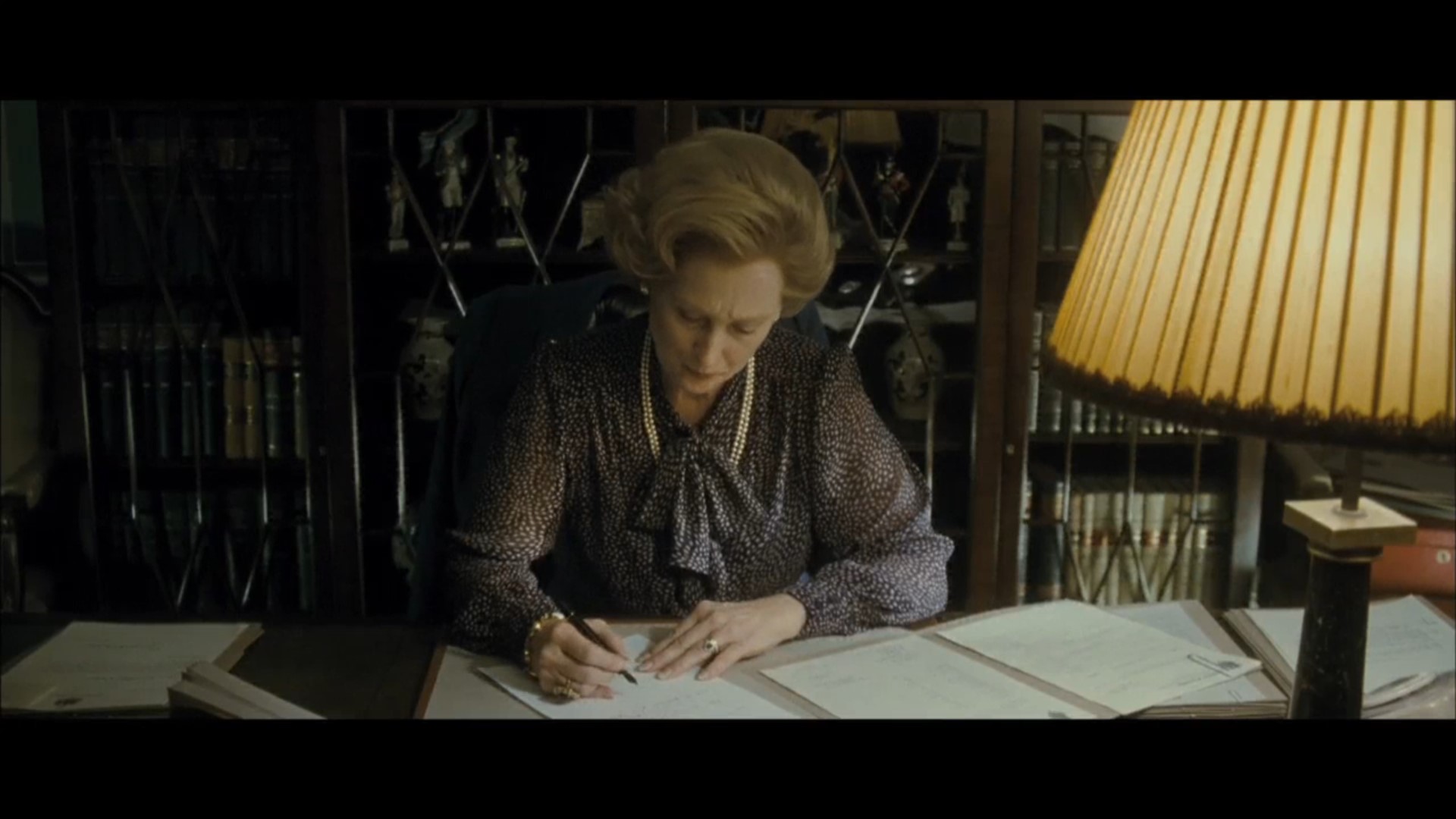The movie “The Iron Lady” tells the story of Margaret Thatcher’s life and sheds light on her principled attitude and leadership. Her strong personality, shaped by her father’s influence, led to major changes in British and world politics, but her intransigence was also criticized. Despite her estrangement from her family, the film provides a glimpse into her sincerity and philosophy of governing.
The Iron Lady, a movie about the life of Margaret Thatcher, the first female prime minister of the United Kingdom and the first female prime minister in the West, opens with a scene of her buying milk at a convenience store. The scene shows a frail, elderly woman with limited mobility going about her daily routine, in stark contrast to the upright, strong figure who led many male politicians to rule Britain. Now, more than 20 years after stepping down as prime minister, she is a frail, elderly woman, but still a legendary figure in British, European, and global political history. During her 11 years as leader of the Conservative Party and prime minister, Margaret Thatcher made a huge difference not only in her own country, but also globally, bringing the Cold War to an end, and she ranks alongside Winston Churchill and Lloyd George as one of the most revered British prime ministers of all time.

The movie follows Margaret Thatcher, who is battling dementia at the age of 86, as she reflects on her life as she emerges from visions of her late husband, Dennis Thatcher. From the moment she was influenced by her father as a child to the end of her political career, the film shows the highlights of her life, revealing the kind of politician and prime minister Margaret Thatcher was, as well as the kind of wife and mother she was. By portraying both the principled woman who lived by a strict code of conduct and the stubborn, intransigent woman who stood up for what she believed was right, The Iron Lady conveys the kind of leader she was.
Margaret Thatcher’s strictly principled approach to life was influenced by her father, Alfred Roberts. In the movie, Alfred, a general store owner and mayor of Grantham, adamantly urges his daughter not to be swayed by others and to stand up for her beliefs and principles. This lesson is the driving force behind Margaret Thatcher’s fiercely principled life.
This strong, principled character is portrayed throughout the movie. When the country spirals out of control during Heath’s premiership due to frequent strikes by the labor unions that virtually ran the country, Margaret Thatcher, then Secretary of State for Education, refuses to compromise and gets into a heated argument with her cabinet members. The scene highlights the image of a woman struggling alone in a male-dominated cabinet, further emphasizing Margaret Thatcher’s principled nature. In fact, within a few years of this incident, she became prime minister, solving the problem of union strikes in Britain and weakening the position of the militant labor movement.
Her principled attitude continued even after she became prime minister, with the Falklands War with Argentina being a prime example of this and an important part of the movie. In her book, Management of the State, Margaret Thatcher laid out the principle of never compromising with anti-peace forces, a principle that played a large role in winning back the Falkland Islands despite Britain’s poor economic situation at the time. The scene in which she tearfully writes handwritten letters to the families of casualties during the war shows a side of the war leader that is rarely seen in male prime ministers. Even though the war was criticized as unnecessary, she was able to maintain territorial sovereignty and gain the trust of the people to run the country.

However, her principled stance to see through what she believed to be right also led to accusations of stubbornness and intransigence. Protests against her radical reforms were commonplace, and the film’s scenes of protesters chanting for her to step down as prime minister capture the mood of the time. It was this intransigence that would ultimately lead to the end of her political career, as she stepped down as prime minister herself with just one year left in office. Although her radical reforms produced groundbreaking results for Britain, her unorthodox and intransigent style of governing remains controversial.
The film also depicts her estrangement from her family due to her excessive passion for her work: the day she is elected to the House of Commons, she leaves the house without her children, and her family is angry at her decision to run for party leader. The movie frequently depicts her as a demented old woman with feelings of remorse and compassion for her family, illustrating her lonely struggle to choose between her country and her family.
Just as many national leaders are not immune to controversy over their processes, she is not immune to criticism for being intransigent in rebuilding Britain with principled conviction. But you can sense her sincerity in the movie’s final line. “All I wanted was to make a difference in the world. All I wanted was for my children to grow up well and be happy, happier than I certainly was.” The Iron Lady is more than just a movie about Margaret Thatcher’s life, it’s a movie that asks audiences to rethink the qualities, qualifications, and philosophies of leaders, and it has a lot to say to a society that is still struggling with what kind of leaders it should and shouldn’t have.
 I’m a blog writer. I want to write articles that touch people’s hearts. I love Coca-Cola, coffee, reading and traveling. I hope you find happiness through my writing.
I’m a blog writer. I want to write articles that touch people’s hearts. I love Coca-Cola, coffee, reading and traveling. I hope you find happiness through my writing.